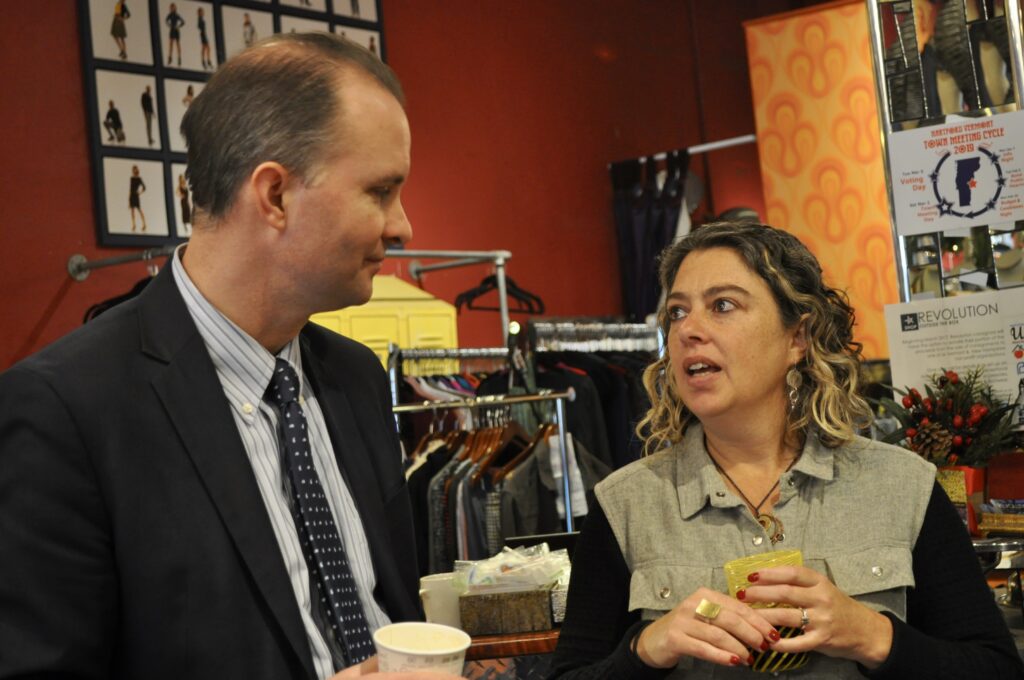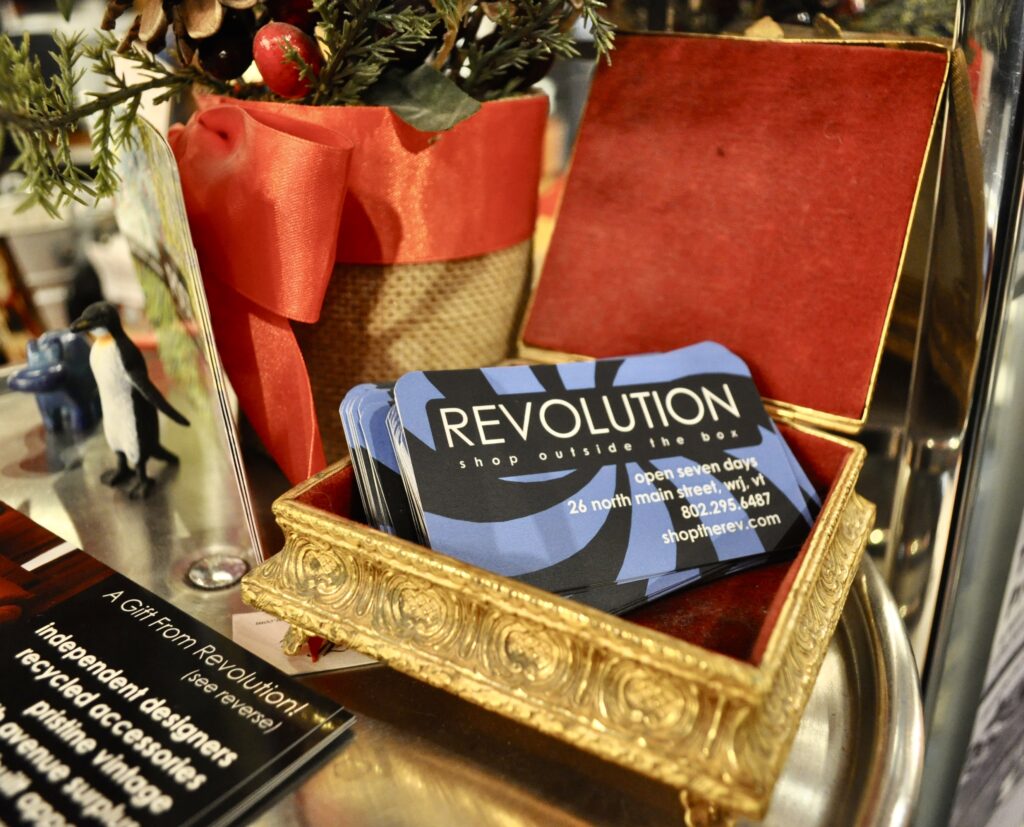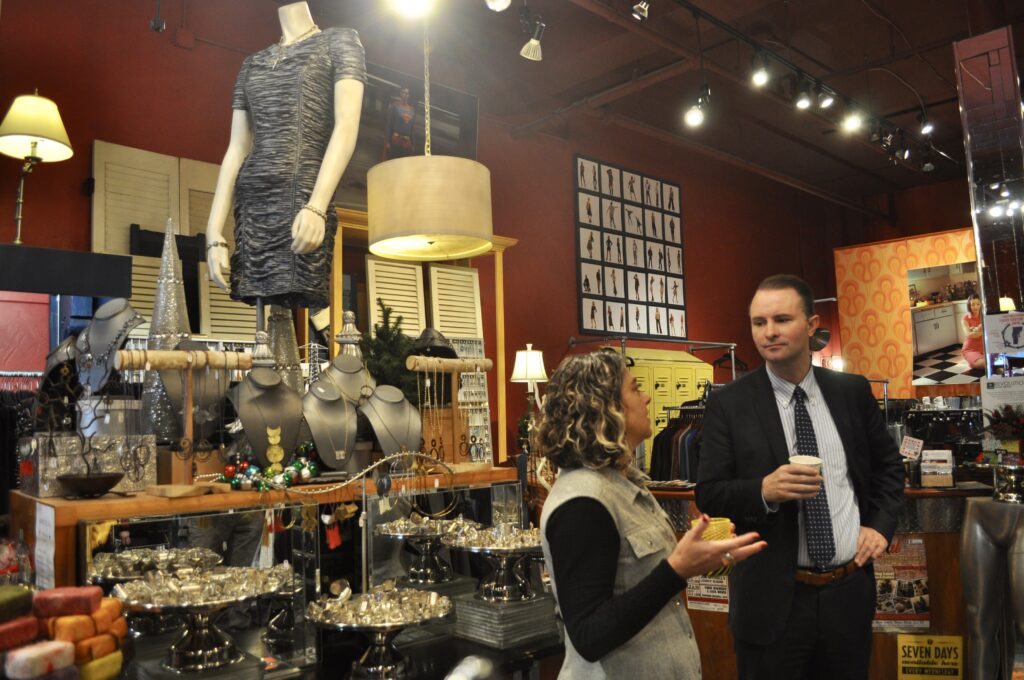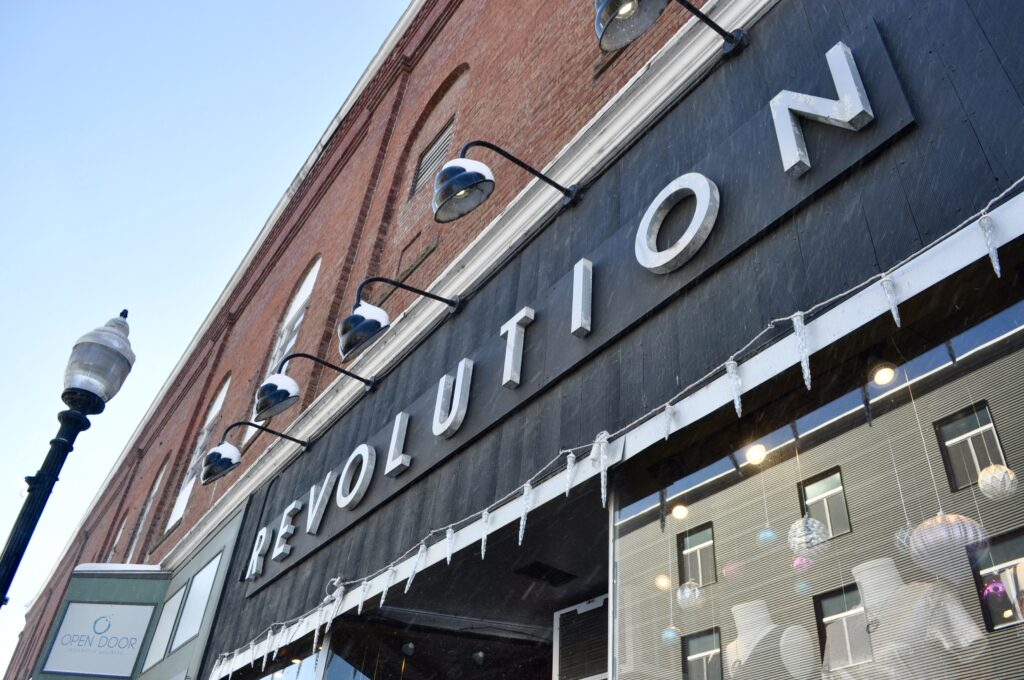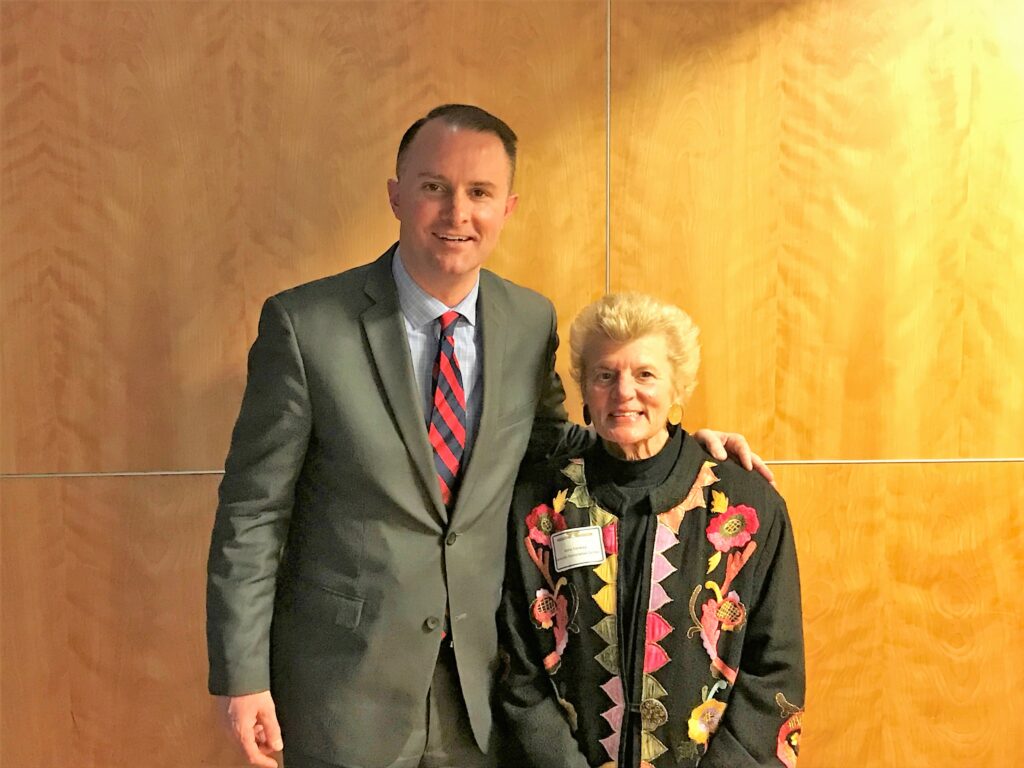
This is a monthly series in which the Attorney General will feature a Vermonter doing exemplary work in their community. Have someone you think should be featured? Email AGO.CAP@vermont.gov.
We are honoring, as our February Vermonters of the Month, the 271 volunteers who generously give their time to Vermont’s Court Diversion programs. This year, Vermont Court Diversion programs celebrate their 40th anniversary.
Court Diversionis a restorative alternative to the traditional criminal justice system for individuals charged with a crime. After police issue a citation for violating the law, the state’s attorney decides whether to refer the person out of the court system to the community-based Court Diversion program. Volunteers are a critical component of this program’s success. They meet as a restorative panel to hear the needs of victims, learn the underlying factors in the individual’s life that contributed to the crime, and create an opportunity for the individual to take responsibility for their actions, repair harm to victims, and rebuild connections to their community.
We had the pleasure of speaking with two amazing volunteers, Anne Conway of Lamoille Restorative Center and Linda Brown of Windsor County Court Diversion, about their experiences with Court Diversion and to learn about what drives their passion for volunteerism.
Anne Conway
Born in Hardwick, raised in Morrisville, transplanted to Boston—Anne Conway returned to Morrisville after 28 years away from her home state of Vermont. Anne has been actively volunteering in different capacities for nine years and was honored in February as Lamoille County Chamber of Commerce’s Volunteer of the Year.
Court Diversion follows a restorative justice model: what does restorative justice mean to you?
I’ve seen people who’ve made unwise decisions and hurt others, as well as themselves, take responsibility for what they did and then repair that harm. To me, that is restorative justice.
How has court diversion/restorative justice impacted your community?
Ultimately, it helps to make our community safer. I have personally witnessed individuals who have valued this second chance provided by Diversion and moved forward in their life on a positive path.
Can you share a story of a memorable panel meeting or related-experience that has had a lasting impact on you?
I remember one participant who had allowed alcohol to become foremost in their life – this led to an arrest, an unpleasant divorce, divided custody of children, and the destruction of their career. One part of the person’s agreement was to write a letter of ‘apology’ to their family. When the participant returned for the second visit, they read a very sincere and touching letter of apology, regret and resolve. In addition, the person had found a part-time job and was in recovery. As a panel member, I valued seeing the positive results of our program.
Reflecting on your experience as a volunteer, have you observed a change in the program over the course of your experience?
I have seen more creative ways for an offender to correct the harm they did and improve their view of themselves and the community in which they live.
What impact, if any, has being a Court Diversion volunteer had on your life?
The most satisfying aspect of my panel participation is that I am reminded that we are all in ‘this’ together and that we can make a difference in the lives of others.
Linda Brown
Like Anne, Linda Brown was born and raised in Vermont but left the state as a young adult to pursue a career in New York City. Linda returned to her hometown of Springfield after 30+ years away to care for her mother. Since then, she has been volunteering with the Court Diversion program for more than 15 years.
Can you share a story of a memorable panel meeting or related-experience that has had a lasting impact on you?
Panel meetings are all very interesting, but the thing that had the most lasting impact on me was a dynamic class given to us volunteers called “Bridges Out of Poverty.” It helped me to understand many of the people who come to Diversion and increased my level of compassion for them. I truly believe we must have compassion to work well with people.
Court Diversion follows a restorative justice model: what does restorative justice mean to you?
Restorative justice means to me that a client admits his or her mistake and does something, such as repaying victims or writing an apology letter, to make things right as best they can. I believe all these actions can imprint in a person’s brain and reduce recidivism. And, it certainly helps reduce the backlog of cases in the State of Vermont’s court systems.
Reflecting on your experience as a volunteer, have you observed a change in the program over the course of your experience?
The most notable change in Court Diversion for me was when participants started to stay in the room while we discussed the restorative agreement. When I first started to volunteer, after we had met with the person, they would step out while we developed a preliminary plan. At first, I did not like this new way. However, I now feel that the participant is more apt to complete the contract that he or she was involved in making.
What impact, if any, has being a Court Diversion volunteer had on your life?
My advice to others looking to make an impact in their community is to volunteer!
Are you interested in becoming a Court Diversion program volunteer? Contact your nearest program to learn more.

